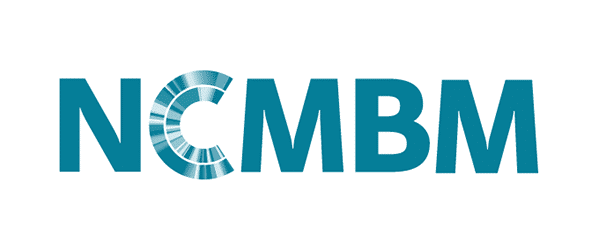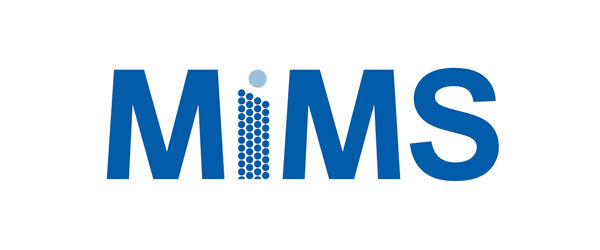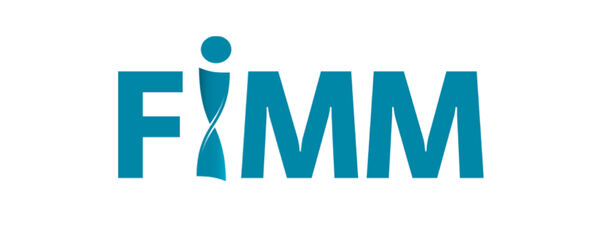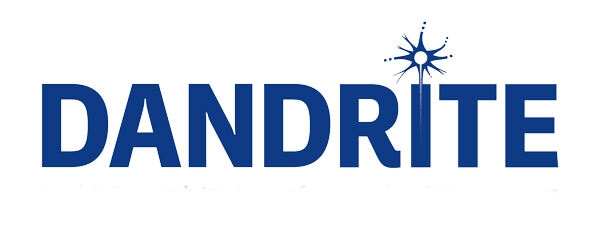Local Alliances
Alliances with institutions on or near EMBL sites.
A molecular understanding of disease
The Nordic EMBL Partnership is a major strategic player in Europe’s molecular understanding of disease mechanisms, thanks to its complementary research expertise, outstanding research infrastructures and industry collaborations.
The partnership facilitates scientific collaboration and access to scientific infrastructure, including databases, facilities and instrumentation, as well as services and training activities provided by the partners. In addition to their partnership with EMBL, the individual Nordic research centres engage in collaborations with other national partners, including research and public health institutes, hospitals and research councils, with the aim of establishing an extensive Nordic network for molecular medicine.

The Norwegian Node of the Nordic EMBL Partnership for Molecular Medicine is the Norwegian Centre for Molecular Biosciences and Medicine (NCMBM) and is headed by Prof. Janna Saarela, who succeeded Prof. Kjetil Taskén in 2019. NCMBM conducts cutting-edge research at the intersection of molecular medicine, biosciences, and data science to advance our understanding of fundamental processes in life sciences. Through interdisciplinary collaboration and state-of-the-art technologies, NCMBM investigates intricate cellular mechanisms driving biological systems in health and disease.
NCMBM is hosted by the University of Oslo (UiO) with strong links to the South-Eastern Norway Regional Health Authority and Oslo University Hospital, and associations with other Universities and Regional Health Authorities in Norway. The University of Oslo (UiO) is the largest research institution in Norway with more than 7,000 staff and 26,500 students. UiO has extensive research activity in molecular medicine, clinical medicine and molecular life sciences relevant to the operation of the Nordic EMBL Partnership for Molecular Medicine.
EMBL and Norway are partners in several ESFRI projects, such as ELIXIR and Euro BioImaging.

The Swedish Node of the Nordic EMBL Partnership for Molecular Medicine is the Laboratory for Molecular Infection Medicine Sweden (MIMS). MIMS is from October 2018 headed by Prof. Oliver Billker, who succeded Prof. Bernt Eric Uhlin, the founding MIMS Director since its establishment in 2007 within the Umeå Centre for Microbial Research (UCMR). It is affiliated with both the Faculty of Medicine and the Faculty of Science and Technology and closely connected to the university hospital (Norrlands University Hospital).
UCMR consists of researchers active in the fields of molecular and clinical microbiology, molecular biology, chemistry, and physics and the research groups include a pronounced international profile with many guest researchers and graduate students, as well as faculty members, from other countries. The groups work in modern laboratories with well-equipped common facilities creating a framework for a creative and highly interactive environment.
Support for MIMS is granted by the Swedish Research Council with the aim to strengthen Swedish research and enhance the dynamics in the field of molecular medicine, partly by promoting the career opportunities for young scientists.
EMBL and Swedish research institutes are partners in several ESFRI projects, including ELIXIR and Euro BioImaging.

The Finnish Node of the Nordic EMBL Partnership for Molecular Medicine is the Institute for Molecular Medicine Finland (FIMM) headed by Prof. Mark Daly. FIMM is hosted by the Helsinki Institute of Life Science (HiLIFE) at the University of Helsinki, with links to the Hospital District of Helsinki and Uusimaa (HUS), and the National Institute for Health and Welfare (THL).
FIMM is committed to promoting translational research and the adoption of personalised medicine in health care. The aim of FIMM is to uncover the underlying causes and drivers of disease and translate these findings into public and individual health outcomes. The Institute integrates molecular medicine research with cutting-edge technology platforms and a biobanking infrastructure under one roof. Much of the research done at FIMM draws on the unique clinical and population-based samples collected from the Finnish founder population and on the close partnerships the institute has with clinical and industrial collaborators.
Currently EMBL and Finland are partners in several ESFRI projects, including ELIXIR, Euro BioImaging and Instruct.

The Danish Node of the Nordic EMBL Partnership for Molecular Medicine is the Danish Research Institute of Translational Neuroscience (DANDRITE), headed by Prof. Poul Nissen.
Hosted by Aarhus University (AU), DANDRITE is affiliated with both the Faculty of Health and the Faculty of Science and Technology, and is connected to the Aarhus University Hospital. DANDRITE will focus on conducting research in the field of neuroscience. DANDRITE is embedded in a research infrastructure with state of the art facilities and approaches in e.g. structural and functional studies of membrane proteins in the nervous system at a molecular, cellular and tissue level; biophysical methodologies; transgenic and gene modified animal models; cellular and clinical imaging; nanoscience; structure-based; genetics and computer-assisted drug discovery.
The establishment of the Danish node was made possible through the Lundbeck Foundation, one of the largest private contributors to natural science research in Denmark, which funds the new centre jointly with Aarhus University.
EMBL and Danish research institutes are partners in several ESFRI projects, e.g. ELIXIR, Euro BioImaging and Instruct.
Alliances with institutions on or near EMBL sites.
Memoranda of Understanding (MoUs) build on and establish new collaborative links.
Fostering close relations and dialogue with scientific communities and government.